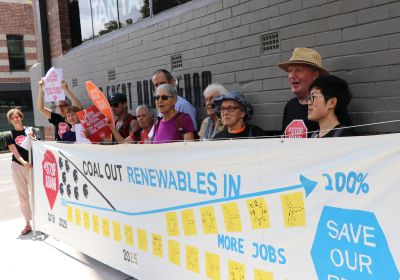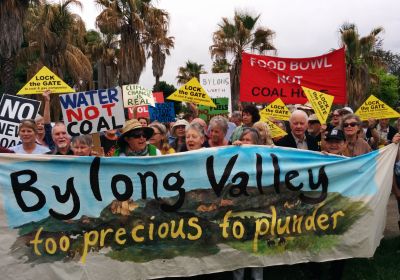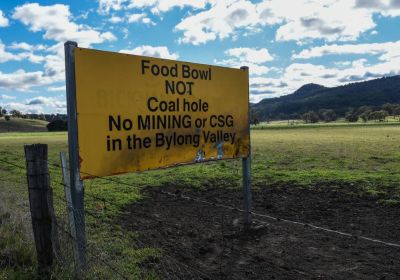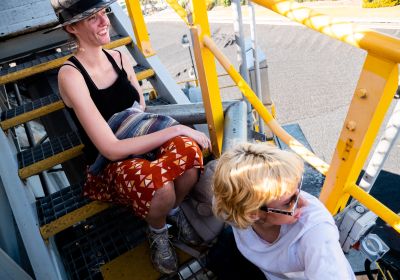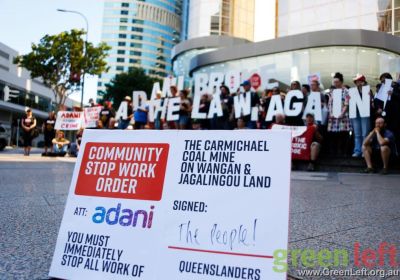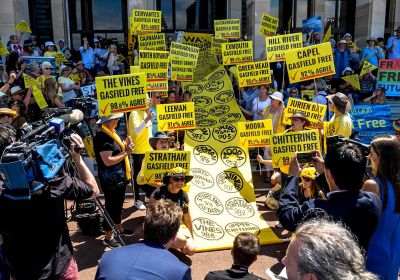
As young people threw themselves into the Student Strike 4 Climate Action and made an impassioned plea to preserve life on Earth, one of Australia’s most polluting industries was working behind the scenes to have the federal government hide the truth of its carbon emissions.
